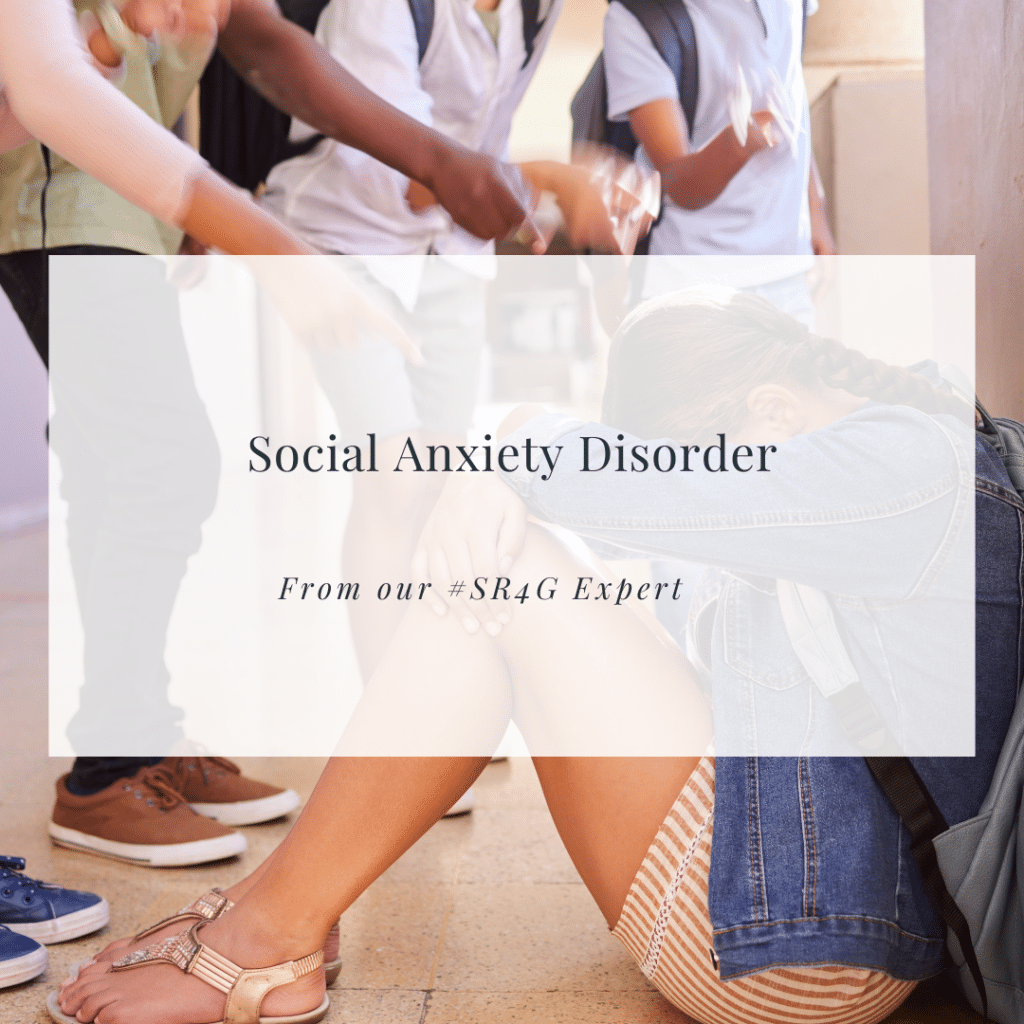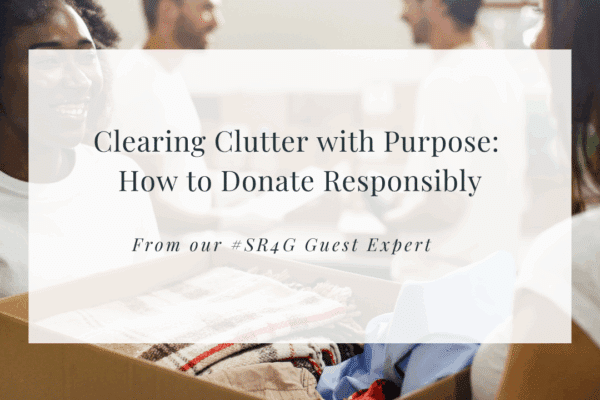
Social connection is a basic human need, just like eating food, drinking water, and getting sleep. Our brains are biologically wired for social connection and an abundance of research shows that isolation and loneliness are detrimental to our mental well-being and physical health. Yet for some people, socializing induces fear, anxiety, worry, and sometimes even panic. This is called Social Anxiety Disorder (previously social phobia).
Social Anxiety Disorder is characterized by intense discomfort and fear in one or more social settings in which an individual feels exposed to possible judgment, scrutiny, rejection, and/or embarrassment. People with Social Anxiety Disorder oftentimes avoid social situations, endure them with intense discomfort, and/or use safety behaviors such as requiring a trusted person to be with them or using drugs/alcohol to cope with social situations. These symptoms must be present for at least 6 months and cause impairment in functioning.
There are many different situations that can be difficult for someone with Social Anxiety Disorder. Examples include public speaking, meeting new people, pursuing romantic relationships, speaking up in meetings/groups, asserting needs/saying no to others, asking for help, ending unhealthy relationships, eating/drinking/going to the bathroom in public, sex, talking on the phone, being the center of attention, and more. When left untreated, Social Anxiety Disorder can make an individual’s life very small and even cause hopelessness and depression.
It’s important to note that individuals with Social Anxiety Disorder feel anxious even when they do not actually experience judgment, rejection, or embarrassment in reality. Many individuals with Social Anxiety Disorder will try to mind read others’ behaviors, catastrophize, criticize themselves, and assume that others do not like them, that they are socially inept, that they will not be accepted by others, and/or that others are judging them even when they are not. The vast majority of individuals with Social Anxiety Disorder do not have a deficit in social skills (reading nonverbal cues, engaging in back and forth conversation), although many individuals with Social Anxiety Disorder struggle to use social skills out of fear.
Social Anxiety Disorder is a treatable condition. Typically, therapy along with medications are the first line of treatment. Cognitive Behavior Therapy (CBT) is an evidence-based form of therapy that focuses on recognizing and changing ineffective thought patterns, unhelpful behaviors, and learning new skills within different contexts to better cope with difficult emotions and experiences. Exposure and Response Prevention (ERP) is an evidence-based subtype of CBT specifically aimed at helping individuals face their fears and reduce/eliminate safety/avoidance behaviors. By gradually confronting situations, thoughts, images, objects, etc that are feared without doing safety/avoidance behaviors, individuals learn that the things they fear are not harmful (it’s a false alarm), that safety/avoidance behaviors are unnecessary, that fear/anxiety does not last forever, that they can tolerate distress, and individuals gain confidence in their ability to actively participate in their life and effectively cope with stress.
Self-compassion and mindfulness practice can also be important for those with anxiety disorders. Self-compassion is an evidence-based way to improve your relationship with yourself. Self-compassion teaches us to mindfully notice our suffering rather than over-identifying with it or ignoring it, to recognize our common humanity rather than feeling alone or isolated in our suffering, and to be kind to ourselves rather than harshly judge ourselves. Mindfulness is the practice of fully paying attention to the present moment, on purpose, with acceptance instead of judgment. For Social Anxiety Disorder, external mindfulness practices (paying attention to external sensory input – ie what we hear others saying – to get into the moment and out of our heads) can oftentimes be helpful. While mindfulness has origins in Buddhism, it has expanded from Buddhist meditation to an evidence-based practice that can help with a variety of mental health concerns and stress. For more information on Social Anxiety Disorder, I recommend the National Social Anxiety Center (NSAC).
If you or a loved one are in need of emergency/crisis support, call 988 to be connected to a crisis line, call 911 to be transported to a hospital, or go straight to your nearest emergency room department. You can also text “HELP” to 741741 or call the National Suicide Hotline number at 1-800-273-8255. Walk-In Counseling Center in Minneapolis and Walk-In Crisis Services at Urgent Care in St. Paul both offer free walk-in therapy services.
References:
American Psychiatric Association. (2022). Diagnostic and statistical manual of mental disorders (5th ed., text rev.). https://doi.org/10.1176/appi.books.9780890425787
American Psychiatric Association (2023, June). What are anxiety disorders? https://www.psychiatry.org/patients-families/anxiety-disorders/what-are-anxiety-disorders
National Social Anxiety Center (2016). What is social anxiety? https://nationalsocialanxietycenter.com/social-anxiety/
Disclaimer: This newsletter is a brief synopsis of information about social anxiety that is intended for informational purposes in order to spread awareness, decrease shame, and increase hope for those impacted by social anxiety. This newsletter may not apply to every individual in every context. Every individual is unique and newsletters cannot speak to all of the nuances and complexities of human nature. This information is not intended to replace therapy or recommendations from healthcare providers. Seek an assessment from a trusted mental health professional for recommendations specific to your needs.



